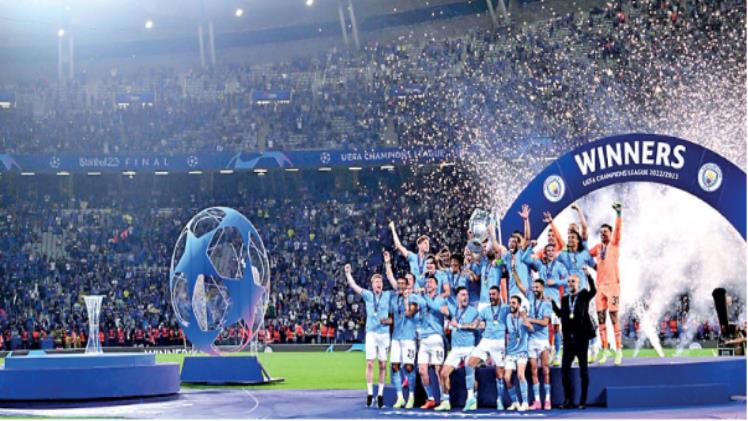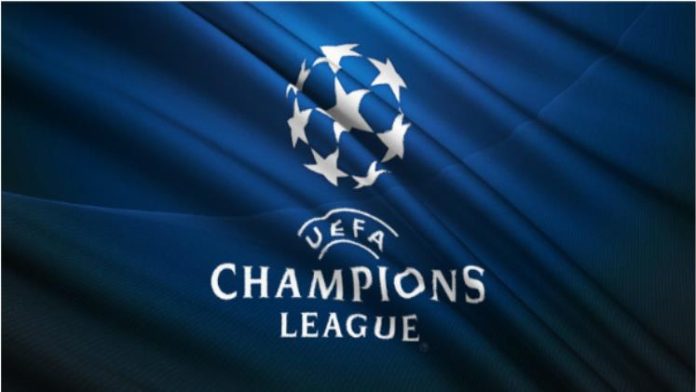UEFA European U‑21 Championship(UEFA European Under-21 Championship) is one of the leading international football tournaments for young players in Europe. It brings together the best young talents under the age of 21, and is considered a “bridge” between academy football and the professional level. The tournament has both professional value and is a platform to promote the next generation, attracting great attention from the media, clubs and fans worldwide. The following article is xoilac tv trực tiếp Optimize SEO content around keywords“UEFA European U‑21 Championship”, but focuses on presenting objective, multi-dimensional information and is not written in an advertising or PR style at all.
History of formation and development of the tournament
The European U-21 Championship was established in 1978 with the first name of the “U-23 Challenge Cup”, then changed to the “UEFA European U-23 Championship” and officially became the U-21 Championship since 1978 with a more extensive final round system. From the beginning, the tournament aimed to create an official playground for young players, helping them gain international competition experience before entering the national team.
Over the past 40 years, the tournament has become a place for many legendary stars to connect. Generations of players such as Andrea Pirlo (Italy 2000), Mesut Özil (Germany 2009), Thiago Alcântara (Spain 2013) and most recently Dani Olmo (Spain 2019) all grew up in this playground. UEFA and major clubs always closely follow the tournament’s achievements, evaluate the quality of training and look for rough diamonds for the first team.
Competition format for the European U‑21 Championship
Qualifying round
All 55 UEFA member nations are divided into groups of 4–6 teams. Teams play home and away round-robin matches to determine their ranking. The best runners-up (only from groups with the same number of teams) also qualify for a play-off for a place in the final. The qualifying rounds last around 18 months, ensuring high competition and more international football for young players. See more tỷ lệ kèo hôm nay.
Final round
Select the 7 best teams and the host team to organize the final round, with the following structure:
- Divide into 2 tables, each group has 4 teams; round robin.
- Top two teams in the groupadvance to the semi-finals, then there will be a third place match and the final.
- The matches apply VAR, the referees meet international standards and the format is similar to the senior team.
Some seasons could see up to 12 finalists if UEFA adjusts the format, but the goal remains the same: to create a professional international playground for young players.
The importance of the tournament
Young talent development platform
The U-21 tournament provides players with the opportunity to demonstrate their character, skills, and tactical awareness in a highly competitive environment. Club scouts and coaches closely monitor each match to identify the raw gems that will be polished for the professional league.
The link between the U‑21 and the national team
Many players who played for the U-21 team have gone on to become key players at the World Cup or Euro, such as Gerard Piqué (Spain), Toni Kroos (Germany) and Federico Chiesa (Italy). The tournament is a stepping stone to getting used to international pressure and a higher level of competition.
Raising the quality of European football
The tournament creates a common competition between stronger and weaker youth training systems. Countries constantly innovate training methods, coaching staff and infrastructure investment to improve overall results. This contributes to improving the overall capacity of the entire region.
Notable teams and players
Italy U‑21
Italy is the most successful country with5 times champion(1992, 1994, 1996, 2000, 2004). Italy’s youth system has always produced talented players, combining technique and tactics.
Germany U‑21
Germany U‑21 is a hotbed of quality young players. They won in 2009, 2017 and 2021, with the likes of Erik Durm, Serge Gnabry, and Gianluca Waldschmidt.
Spain U‑21
Spain, champions in 2011, 2013 and 2019, is a football nation famous for its tiki-taka style of play. Many talents such as Thiago Alcântara and Dani Olmo have made their mark.
England U‑21
Although they have not won the championship, England has an abundant source of talent: Jadon Sancho, Bukayo Saka, Phil Foden have all played at U‑21 level and grown strongly.
Details of recent U‑21 tournaments
2019 in Italy and San Marino
Spain beat England 2-1 in the final thanks to a double from Dani Olmo. The top teams were also Germany, France and Ukraine. The tournament marked the shining of U‑21 talent after their teenage years.
2021 Session in Slovenia and Hungary
Germany beat Portugal 1-0 in the final thanks to a creative and lethal goal from Max Meyer. This is the 2021 edition due to COVID.
2023 in Georgia and Romania
The tournament had 12 teams; England, France, Italy, Netherlands, creating a tense and dramatic atmosphere. Germany won the championship for the fourth time, proving the stability in youth training.
Challenges and development trends
Competitive pressure between ages
The U-21 players have to win the attention of both club and national team. Competition is fierce with many peers of the same ability.
Travel and starting position issues
Many young players have to join the national team early, leading to less time participating in the U-21. This limits the playing field and international experience.
Quality transfer
Some of the strongest youth-training nations have yet to achieve significant results at U-21 level. This is because the coaching system is sometimes not well connected with the international team.
New series in the future
UEFA has proposed that the U-21 level could adopt a 16-team final format following the Nations League model. This would increase the number of matches and development opportunities, but the schedule and tournament load would need to be considered.
The opportunities that the tournament brings

With the player
- Experience competing in front of tens of thousands of spectators
- Score points with top teams, open up transfer opportunities
- Accumulate experience in knockout matches and penalty shootouts
With the club
- Better valuation in the transfer market
- Can coordinate U‑21 and main squad to maintain player fitness
- Forming a bridge between the academy and the national team
For fans
- Discover promising young players
- Cultivating emotions and beliefs in the next generation
- Get pumped up while rooting for a group of up-and-coming talent
Conclude
UEFA European U‑21 Championshipis an indispensable tournament in the European football ecosystem. This is where young talents are formed and developed before entering a professional career. With its professional value and ability to inspire, the tournament continues to be an ideal destination for football enthusiasts, media and clubs looking for the future.
